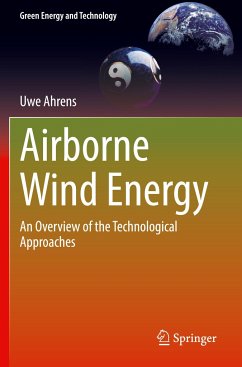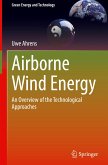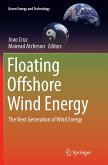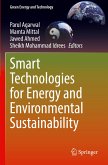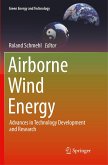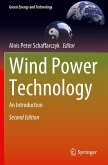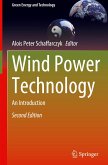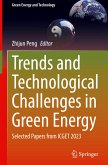This book shows possible solutions to how a profitable energy supply can be implemented with almost no population resistance. Worldwide, more than 80 % of our energy needs are still covered by fossil fuels. Under these circumstances, can climate change still be stopped?
Essential technologies for usage of wind energy with an emphasis on high-altitude wind utilization are presented. Airborne wind energy is one of the most promising technologies to enable a renewable energy turnaround in an economical way. The main problem of conventional renewable energy is the insufficient availability. To ensure a 100 % supply of renewable energy, enormous and very expensive storage capacities would have to be built up.
How we can cover our entire energy needs (electricity, mobility and heat) in the future without fossil fuels, without risking the competitiveness of our economy, is shown in this book.
Essential technologies for usage of wind energy with an emphasis on high-altitude wind utilization are presented. Airborne wind energy is one of the most promising technologies to enable a renewable energy turnaround in an economical way. The main problem of conventional renewable energy is the insufficient availability. To ensure a 100 % supply of renewable energy, enormous and very expensive storage capacities would have to be built up.
How we can cover our entire energy needs (electricity, mobility and heat) in the future without fossil fuels, without risking the competitiveness of our economy, is shown in this book.

